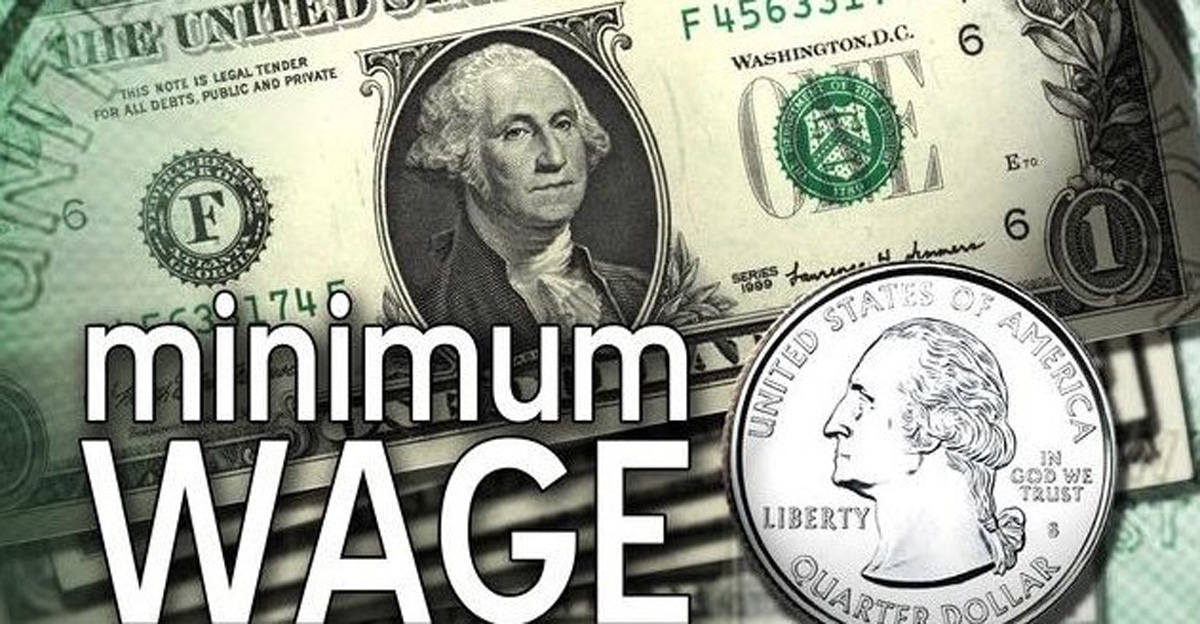Even as California’s radical left-wing Gov. Gavin Newsom tries on his gaslighting and pretends the new Minimum Wage law there is a great boon to the state, jobs data shows that 6,000 fast food workers have lost their jobs since the law went into effect in April.
Last week, Newsom pushed out an op-ed that claimed that the new Minimum Wage law has led to an additional 11,000 new jobs in his state. But employment data shows that his claim is an outright lie.
Per The Center Square:
Using the most accurate, business-reported employment data from the time the governor signed a $20 per hour fast food minimum wage law at the end of September 2023, until March of 2024, the most recent point for which federal, finalized payroll survey data is available fast food employment is down by approximately 6,000 jobs, says the Employment Policies Institute, an organization that seeks to limit labor regulations.
“The OpEd in Fox News today by the governor is disappointing because it paints a very misleading picture about what’s going on on the ground,” said Rebekah Paxton, Director of Research and State Coalitions at the Employment Policies Institute, in an interview with The Center Square. “Instead of touting these numbers that most economists would say don’t accurately measure the situation, it would behoove Governor Newsom to talk to the workers and talk to the operators who are losing their jobs and losing their livelihoods as a result of this policy.”
Paxton says that while the payroll-based business survey which covers 95% of businesses and currently provides data through March of 2024 is most accurate, the seasonally adjusted jobs numbers that take into account seasonal fluctuations in hiring, such as typical summer hiring sprees in places like California, are generally used by economists as a reliable jobs indicator, while non-seasonally adjusted, preliminary jobs figures cited by Newsom tend to be the least accurate.
An additional factor is that the most recent seasonally adjusted and non-seasonally adjusted jobs figures are still being revised; the federal government says between April 2023 and March 2024, it overestimated jobs figures by 818,000. Once final figures (seasonally adjusted and not adjusted) come out for April 2024 and beyond — the fast food wage took effect April 1 — a more accurate picture of the state of fast food employment in California will emerge.
Meanwhile, a survey of restaurant owners in the state finds that a whopping 90 percent say they will not be expanding or opening new stores in California, 74 percent said they will likely be shutting down restaurants, and 64 percent said the new wage law will cost each location about $100,000 in extra expenses per year.
The new Minimum Wage law has been a disaster for California, not just for business owners, but for thousands of workers who have lost their jobs.
Follow Warner Todd Huston on Facebook at: facebook.com/Warner.Todd.Huston, or Truth Social @WarnerToddHuston






